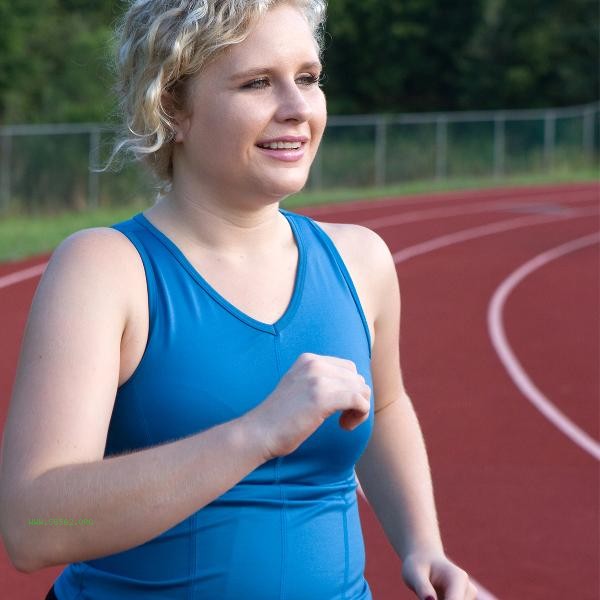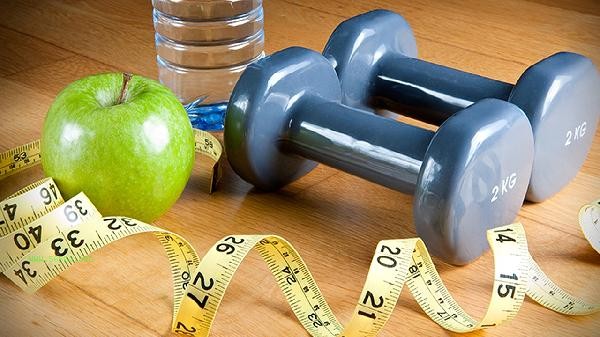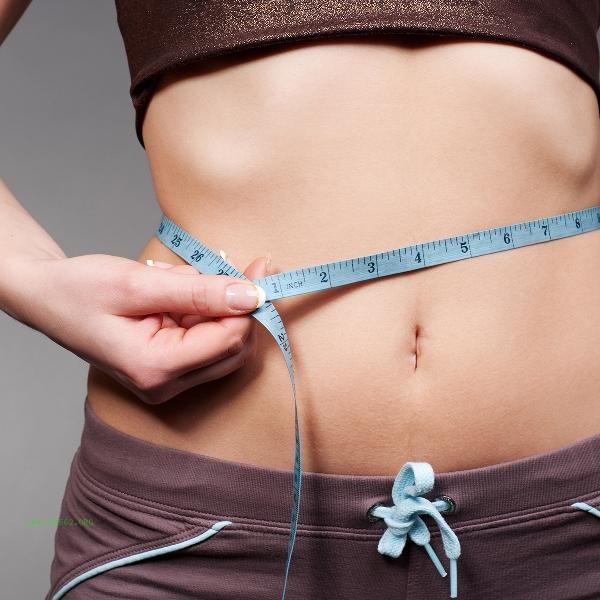Moderate consumption of low sugar and high fiber fruits after exercise is more beneficial for weight loss. It is recommended to choose strawberries, blueberries, pomelos, apples, and kiwis. These fruits are low in calories and rich in dietary fiber, which helps control blood sugar fluctuations and provide the vitamins needed after exercise.

1. Strawberries
Strawberries have a sugar content of only 4-7 grams per 100 grams, and are rich in vitamin C and anthocyanins. Eating after exercise can help alleviate muscle oxidative stress, and its dietary fiber can prolong satiety. Attention should be paid to avoiding rubbing and damaging the fruit pulp during cleaning, and the recommended daily intake should be controlled within 200 grams.
2. Blueberries
Blueberries have a glycemic index of about 40, making them a low glycemic index fruit. The polyphenols contained in it can promote lactate metabolism after exercise, and its antioxidant capacity is 3-5 times that of common fruits. Frozen blueberries do not affect their nutritional value, but those with stomach cold constitution should consume them in small amounts.
3. Pomelo
Pomelo has a moisture content of over 90%, with approximately 42 calories per 100 grams. The naringin contained in it can help break down fat, making it particularly suitable for consumption after high-intensity exercise. During the medication period, it is advisable to avoid grapefruit. It is safer to keep a 2-hour interval between regular grapefruit and medication.

4. Apples
Apple pectin can delay carbohydrate absorption, and consuming it with the skin can obtain more dietary fiber. It is recommended to pair apples with a small amount of nuts after exercise, as the healthy fats in them help with nutrient absorption. People with gastrointestinal sensitivity can steam apples until soft before consumption.
5. Kiwi
Kiwi contains kiwialkaloids that can promote protein digestion and are suitable for consumption after strength training. Two kiwis are sufficient to meet the daily vitamin C needs of adults, but should be avoided during the onset of oral ulcers to prevent irritation of the mucous membranes. 30-60 minutes after exercise is the golden period for supplementing fruits, during which muscles have a higher efficiency in absorbing nutrients. It is recommended to pair fruits with high-quality protein such as sugar free yogurt to supplement glycogen and promote muscle repair. Avoid choosing high sugar fruits such as durian and lychee, and control the intake of fruits within the range of 200-300 grams per time. Long term exercise enthusiasts can rotate different types of fruits to ensure nutritional balance, while also paying attention to individual metabolic reactions to different fruits. Diet after exercise should be combined with daily calorie control to achieve optimal weight loss.








Comments (0)
Leave a Comment
No comments yet
Be the first to share your thoughts!